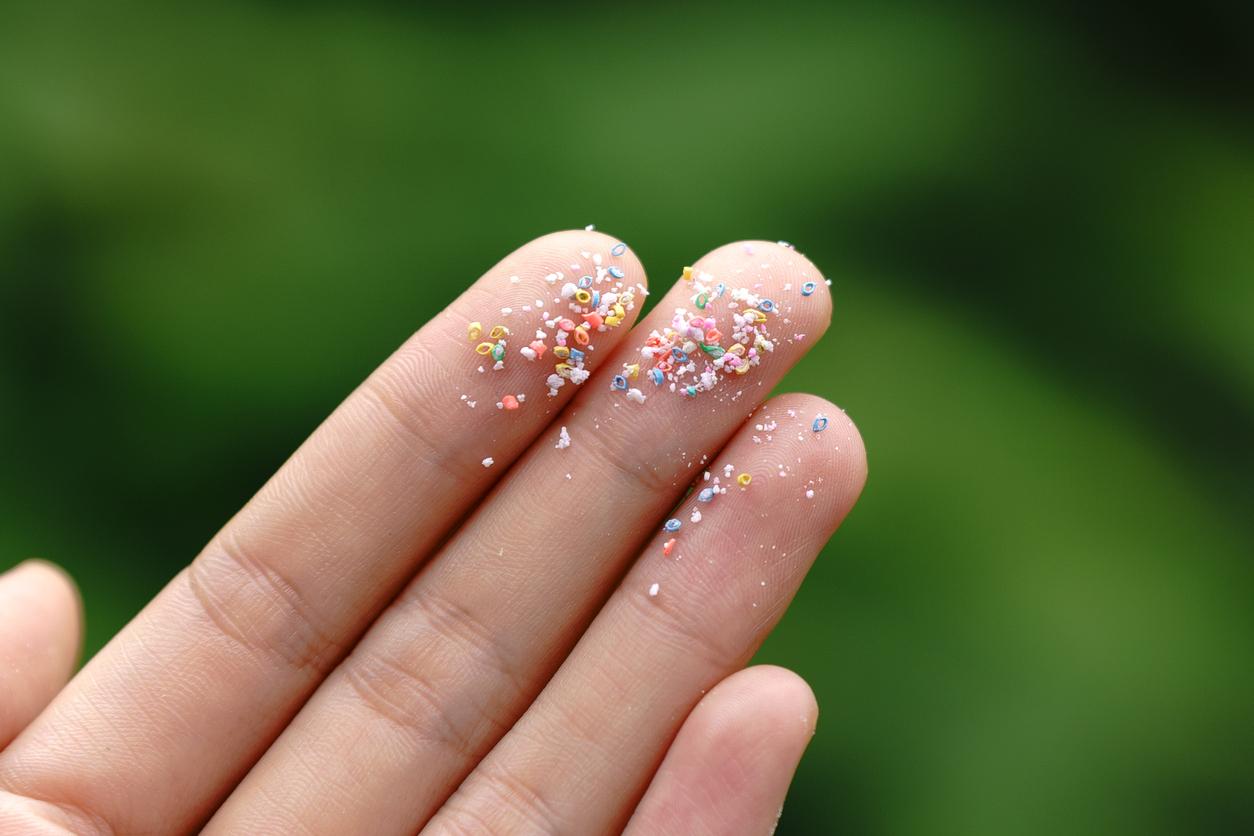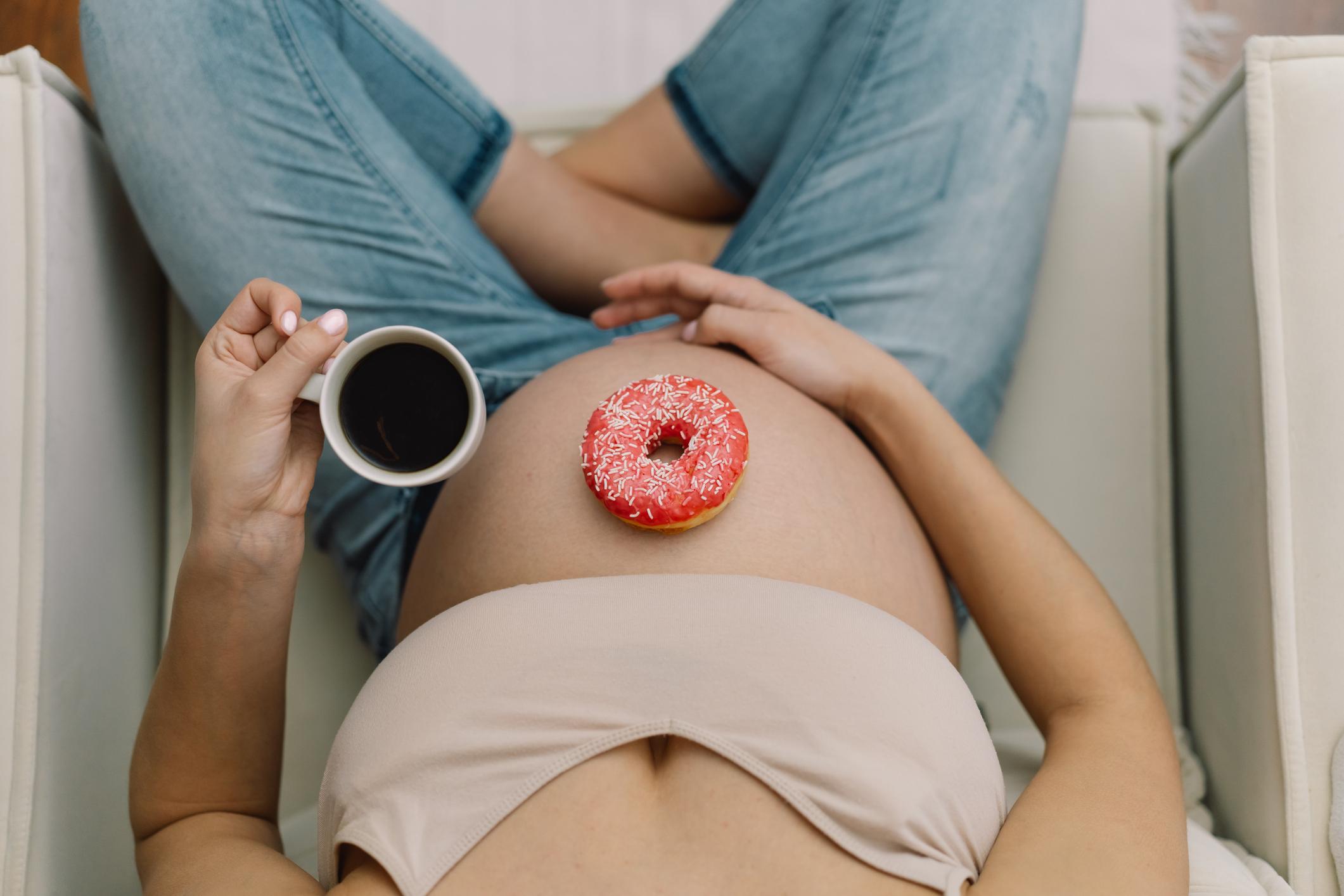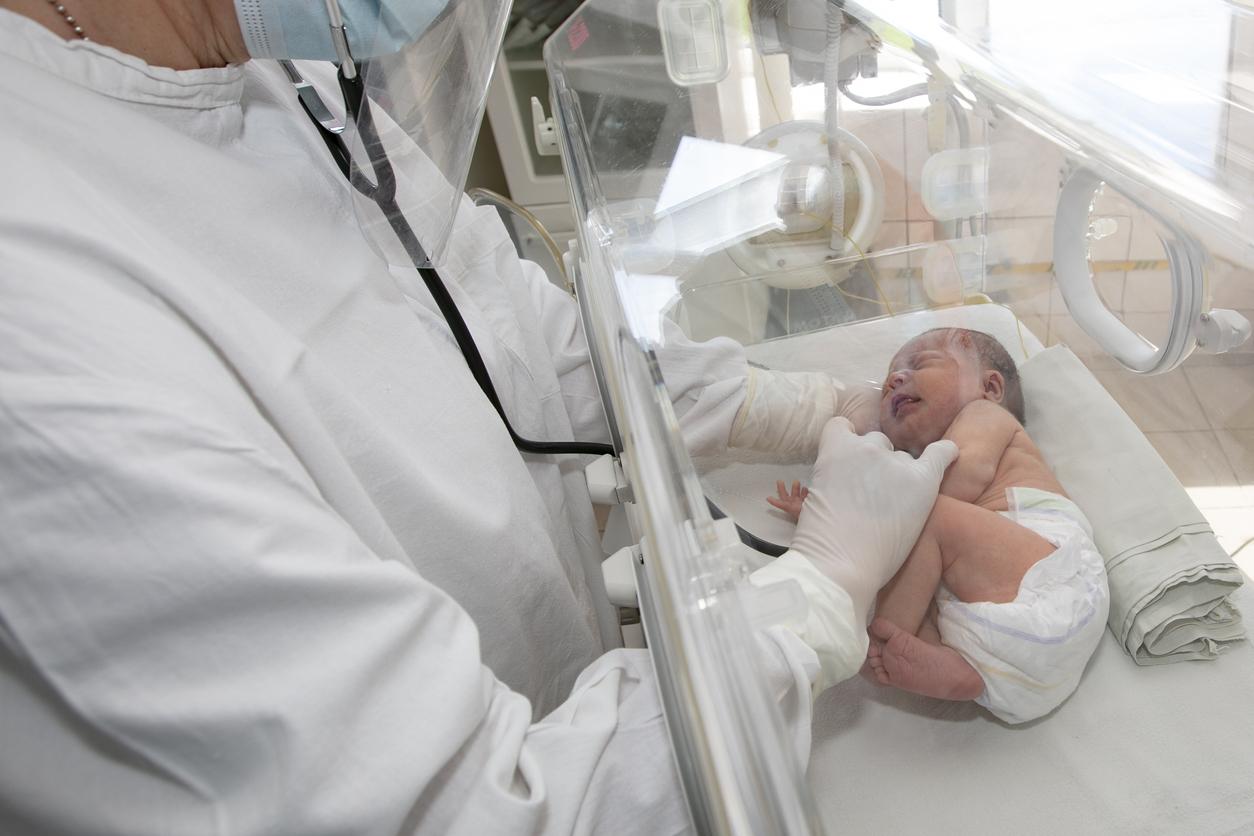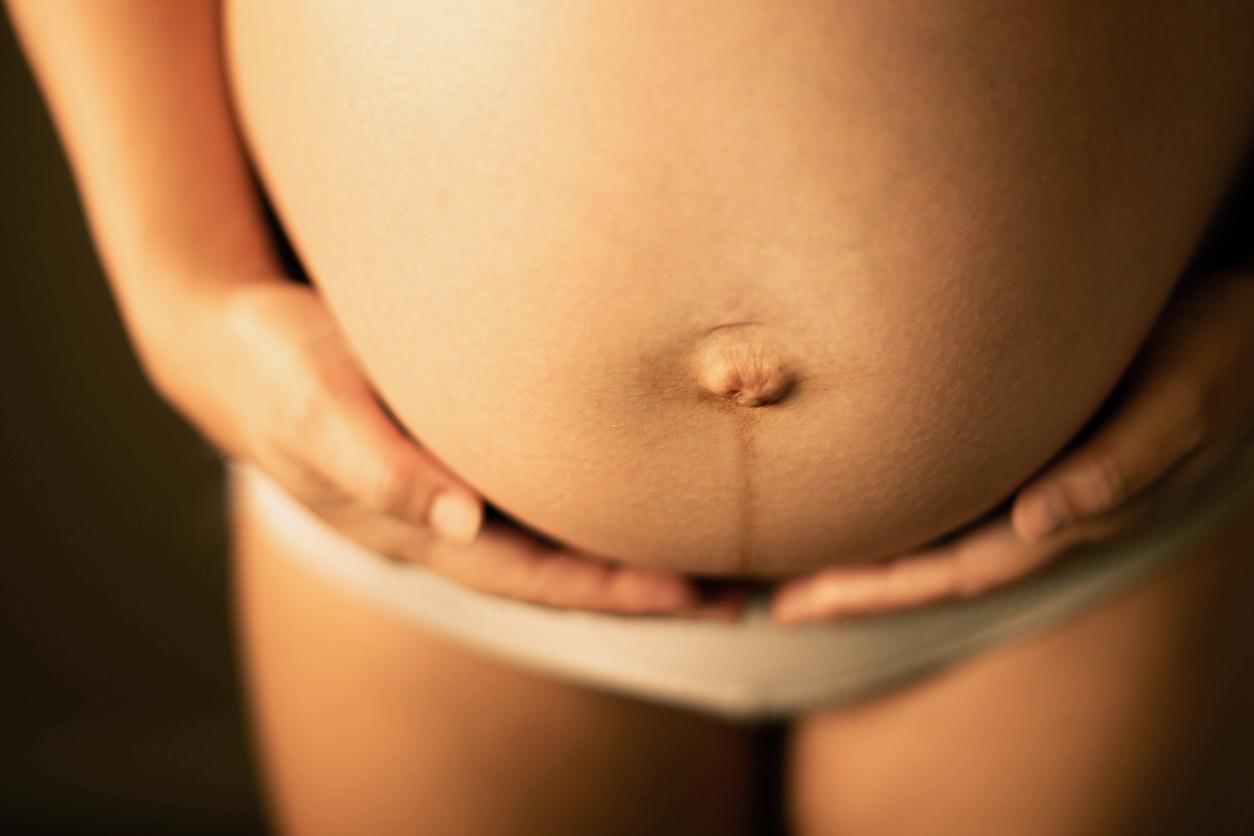A woman who has a high level of bisphenol A has a 30% risk of miscarriage, according to an American study.
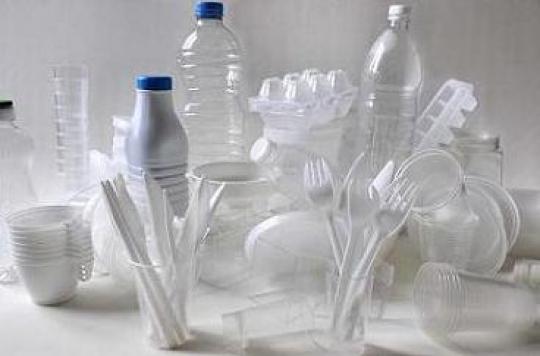
Avoid food or drinks heated in plastic containers: this is the advice given by theAmerican Society for Reproductive Medicine (ASRM). At its annual meeting in Boston (Massachusetts, USA), the company revealed a study of thestanford university concerning bisphenol A and another study by National Institute of Child Health and Human Development on phthalates. We already knew the harmfulness of these chemical compounds, present in many food packaging, on human health, especially babies. They are now discovered to interfere with fertility in humans.
On average, the risk of miscarriage for a woman is 15-20%. But it climbs to 32%% for those who have a high level of bisphenol A (BPA) in the blood. This is what emerges from the study at Stanford University which involved 114 pregnant women. Women who have experienced a miscarriage have had difficulty conceiving, the study reports. It is also impossible to explain how BPA affects pregnancy. According to Miscarriage Association, this study is too small to draw definitive conclusions, even if it calls for caution.
The presence of phthalates in the blood, on the other hand, has no impact on female fertility, according to the second study. Men who wish to conceive should also exercise caution, says ASRM. Both bisphenol A and phthalates affect their fertility. The second study, carried out on 500 couples, showed that the chances of conceiving decrease by 20% when the man has a high level of phthalates in the blood. The same proportion is found for BPA.
Towards a strict law in France
In France, bisphenol A has been banned in baby bottles since 2010. In December 2012, a broader law was adopted. It prohibits the importation and placing on the market of any food packaging containing BPA by 2015. In the meantime, the youngest will be protected since food packaging intended for children from 0 to 3 years old must no longer contain bisphenol A since last January. In May 2011, the National Assembly banned the presence of phthalates in all products sold.
It is of course impossible to avoid all contact with these endocrine disruptors, which can be found even in sales receipts. Certain precautionary measures can be adopted pending the application of a strict law. The main thing is to avoid heating food in contact with plastic, since chemical compounds diffuse faster at high temperatures.
.











